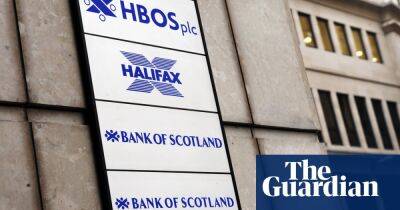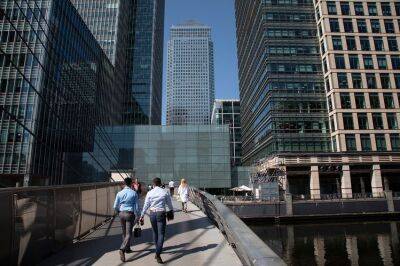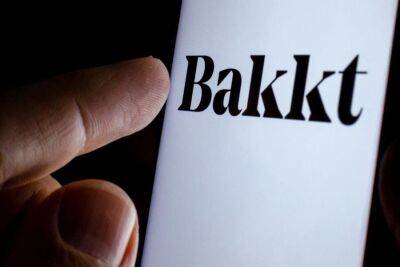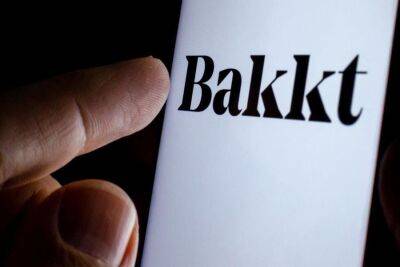Bank of England may be forced to raise interest rates to 4% in 2023
The Bank of England could be forced to raise interest rates to 4% from as early as next year to combat soaring inflation, despite the growing risk of recession amid the cost of living crisis.
City traders are betting the central bank will more than double the cost of borrowing from 1.75% in response to inflation at the highest levels for more than 40 years.
In a development that will heap renewed pressure on mortgage holders, the Bank’s key base rate is expected to reach 4% by May 2023, according to the path implied by financial markets.
The base rate is expected to finish the year above 3% and could peak at close to 4.1% in June 2023, based on interest-rate derivatives linked to the meeting dates of Threadneedle Street’s monetary policy committee. The Bank is then expected to cut rates close to 3.8% by the end of next year amid expectations of fading inflationary pressures and a lengthy recession.
The movements in financial markets come as mortgage lenders ramp up the rates they offer to borrowers. Figures from the data provider Moneyfacts showed the average new two-year fixed-rate mortgage rose above 4% for the first time since 2013 at the start of this month. Lenders set their rates based on the central bank base rate and financial market conditions, and in competition for business with other providers.
Sign up to Business Today
Get set for the working day – we'll point you to the all the business news and analysis you need every morning
The expectations for a dramatic rise in borrowing costs comes with inflation above 10% for the first time since the 1980s. Some City economists are forecasting a peak above 18% next January, fuelled by a sharp increase in household energy bills expected in October and early next year.
The
Read more on theguardian.com

















![Ethereum whales reignite Shiba Inu [SHIB] interest- Decoding details](https://finance-news.co/storage/thumbs_400/img/2022/8/26/38549_btrje.jpg)





